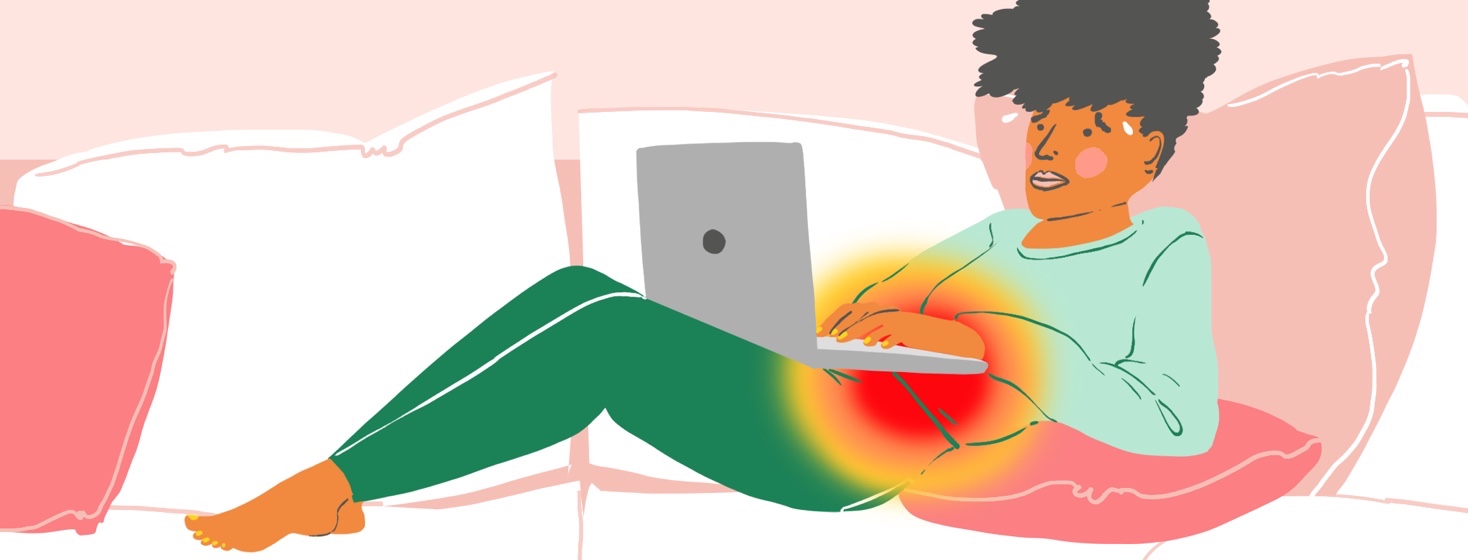Early Menopause Linked to Increased Risk of Bladder Cancer, Especially for Smokers
Bladder cancer is often considered a disease that strikes mainly men. This is because men are actually more likely to get it. But women, when diagnosed, tend to be diagnosed at a more advanced stage and they tend to fare worse than men diagnosed at the same stage.
Delayed diagnoses
It is common for clinicians to attribute women’s early bladder cancer symptoms, such as blood in the urine, to a urinary tract infection and to treat it with antibiotics. I know women who went through many rounds of antibiotics before they were correctly diagnosed with bladder cancer. This can delay a bladder cancer diagnosis by months or years.
While men are three times more likely to develop bladder cancer, women have a reportedly 40% higher mortality rate from it due, at least in part, to these delayed diagnoses.1
Slowly increasing awareness
Slowly, by the work of advocacy organizations and patients, awareness is increasing among the public and clinicians about the fact that women can and do get bladder cancer. If women themselves are educated about it, they can ask about it and request or demand a cystoscopy or another test if they are concerned they have been misdiagnosed.
Now, new research also shows that women who experience menopause at a younger age may have a higher risk of bladder cancer.2 This new research shows such a risk is especially true if the women were also smokers.
The research was based on an analysis of data from the Nurses Health Study, a large-scale study that has tracked the health of 220,000 American nurses since the 1970s. The research and its results were reported by Dr. Mohammad Abufaraj of the University of Vienna at the annual Congress of the European Association of Urology (EAU).1
Early menopause and a history of smoking
The research found that women who entered menopause before age 45 had a 45% greater likelihood of developing bladder cancer compared with those who entered menopause after age 50. In the case of women who smoked, they had a 53% greater likelihood of developing bladder cancer if they entered menopause before age 45 compared to after age 50.1
Smoking has been linked to early menopause and it has been linked to bladder cancer as well.2 The good news is that if you don’t smoke or if you have quit, you are helping to reduce your risk. The revelations from this research are also helpful to women who have experienced an early menopause, whether due to smoking, a necessary hysterectomy, or any other reason.
There is no harm in early testing
That there is a link between early menopause and bladder cancer can serve as a warning and a reminder: if you have symptoms that could be bladder cancer such as blood in the urine, be sure to talk to your doctor about this and bring up this specific research. There is no harm in early testing to rule out bladder cancer, especially if you may be in the group of early menopausal women who may be more susceptible to it.

Join the conversation